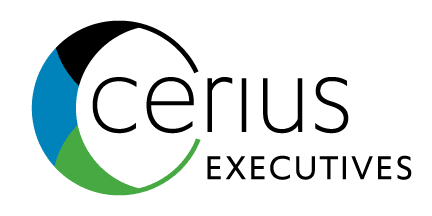4 Interim COO Decisions in Strategic Operations Management

How should your business grow? How can it stand out from the competition? How will you reach your 5 year goals? All of this and more is determined by strategic operations management of an interim COO who ties everything together.
A key driver of small business success is effective strategic operations management. However, many managers lack the capability to do so. To help gain fresh perspective from an outsider, interim COO’s are often sought for their advice. They facilitate decisions in 4 strategic areas that dictate the company’s success.
Operations management of an interim COO
The core function of a business is to transform resources into a product or service. Operations management encompasses the refinement and design of your goods, operational planning, ongoing improvement and risk management. It is essentially the management of processes that transform input – materials and labor – into the company’s output which is a product or service.
There are different tools for operation management. Interim COO’s need to know which ones to use and how to use them effectively in order to design, plan, direct and improve the organization’s product.
The same practices used in large corporations can be used effectively in small businesses. So if you like a certain way that McDonald’s delivers orders, you can incorporate the same technique in your family-owned restaurant and expect results. In small businesses, owners don’t have time for deep theories and want quick results so using tried-and-tested techniques from larger companies can be an effective form of strategic planning.
Strategic interim COO decisions in operations management
There are four high-level planning decisions that an organization makes. Interim COO’s help them plan how to get from where it is now to where it wants to be.
1. Strategic operation management
Interim COO’s do long-term planning on the viability of the business. They design plans that gain value from customers and give it a competitive advantage. It also aligns business operations with the overall strategy of the organization.
2. Product design
An area where managers make decisions about the features of a product or service which can greatly impact the success of their product. A recent example is where Snapchat lost millions when it redesigned its layout.
3. Supply chain management
The controlling, monitoring and planning of all activities along the supply chain. It focuses on two things: time and cost. Interim COO’s ensure that products are delivered quickly and in a cost-effective manner.
4. Quality management
Quality management starts with determining how to measure quality and maintain it. It also includes how to identify and resolve quality issues through regular tests that measure the quality of the product of service.
To learn about how Cerius Interim Management can help you, please visit our home page by clicking here.

